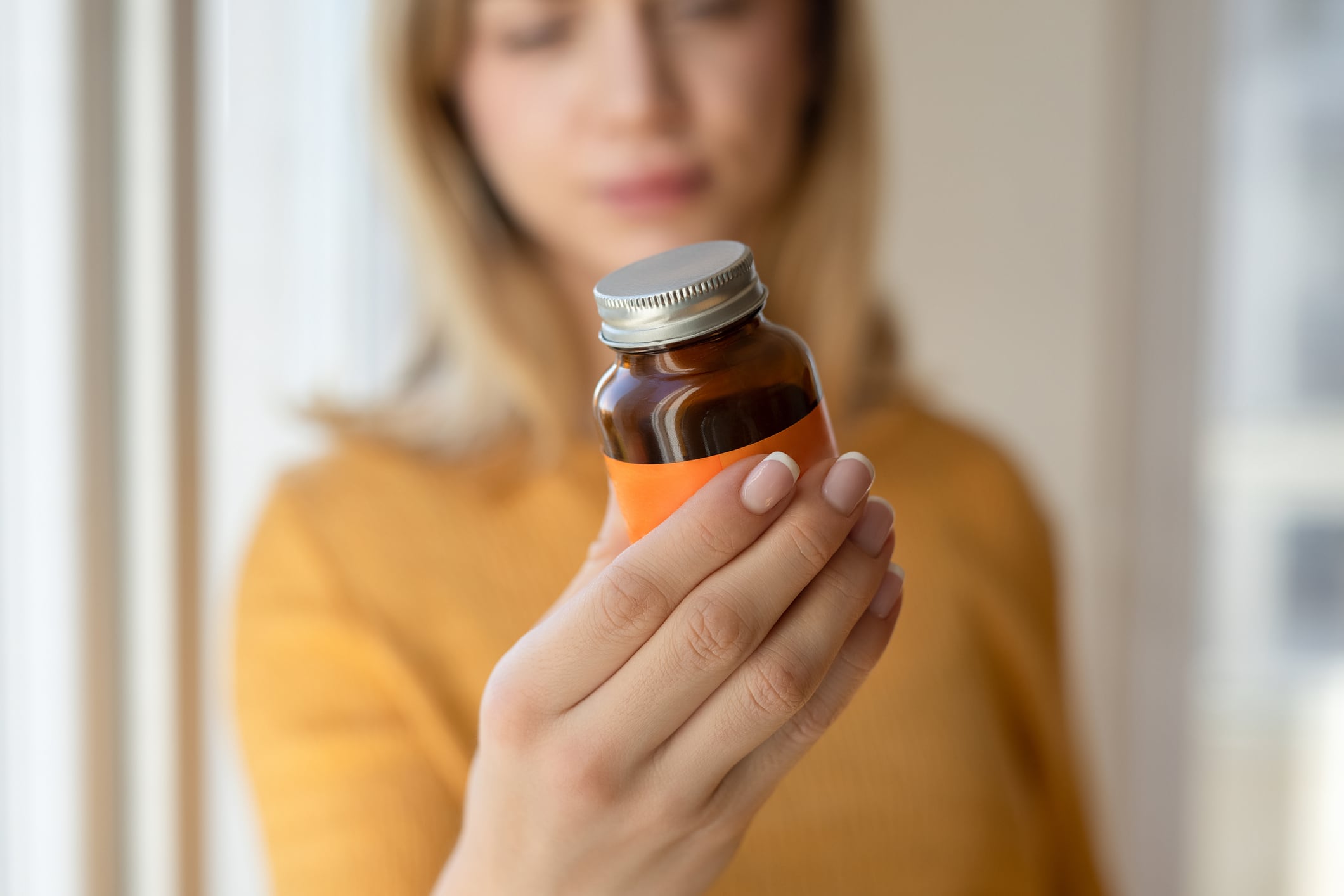Ubiquinol is the reduced form of CoQ10. This vitamin-like substance is found in body cells, especially the heart, kidney, liver and pancreas. It is thought to be more available than ubiquinone – the oxidized form of CoQ10 – as it requires less conversion for cellular uptake.
This powerful antioxidant plays a crucial role in cellular energy production, as well as neutralizing free radicals and protecting cells from oxidative stress.
Studies suggest that ubiquinol could therefore aid in the production of healthy sperm and eggs and protect these cells from oxidative damage, with emerging evidence suggesting it could also play a protective role in women with endometriosis and polycystic ovarian syndrome (PCOS).
Ubiquinol and fertility: what does the evidence say?
Ubiquinol is often considered a ‘hero ingredient’ in fertility supplements, with a meta-analysis involving more nearly 450 women showing that CoQ10 may increase pregnancy rates in women seeking infertility treatment.
This is due to its energy-boosting and antioxidant properties, according to Filip Van Hulle, general manager at Kaneka Nutrients Europe, which manufactures and supplies a patented ubiquinol ingredient.
“Ubiquinol supports the energy-demanding processes of cell division, DNA replication, and fertilization,” he told NutraIngredients. “By maintaining optimal mitochondrial health, ubiquinol ensures that the reproductive cells have abundant energy reserves, which can help promote fertility and reproductive success.”
These properties are vital when it comes to supporting female fertility, said leading fertility expert Zita West, whose own branded fertility supplement uses Kaneka Ubiquinol.
“The female egg cell is the largest cell in the human body,” West told NutraIngredients. “When you think about what a woman had to go through to get to the point of getting pregnant – the egg has to grow, ovulate and divide – this takes a lot of energy, and ubiquinol helps to provide this.”
Ubiquinol also supports male fertility as it plays a pivotal role in ATP production—the primary energy currency of cells—and safeguards the sperm from oxidative stress, according to Van Hulle.
“The motility of sperm is heavily reliant on ATP generated by the mitochondria located in the sperm tail. Thus, the presence of ubiquinol is essential for optimal sperm functionality. Healthy mitochondria in spermatozoa contribute to the acrosomal reaction and gametic fusion during fertilization,” he said.
These properties may be particularly useful in those subjected to environmental stressors, he added, and in older men and women as levels of CoQ10 naturally decrease with age.
However, this nutrient is not a ‘silver bullet’, according to West, who highlights that other key nutrients are needed to support overall reproductive health.
“It’s not just about ubiquinol,” she said. “In terms of the female egg cell, other key nutrients are also needed. For instance, omega-3 is vital to keep the cell membrane of the egg flexible, you need folate for the nucleus, and vitamin D for the follicular fluid surrounding the egg.”
West adds that the gut, vaginal and sperm microbiome are also key areas to consider for couples trying to conceive, as research shows that abnormal microbiota both in the gut and the reproductive tract may impair the chances of reproductive success.
“You’ve also got to look at where you’re leaking your nutrients,” she added. “It’s really important for both men and women to look at every aspect of their lives when they are trying to conceive. It’s very easy to think, if I pop these supplements that will sort it all, but you’ve got to look at your entire lifestyle.”
Ubiquinol, endometriosis and PCOS
Emerging research suggests that ubiquinol could also be a helpful nutrient for other female health conditions such as endometriosis and polycystic ovarian syndrome (PCOS).
For example, a recent double-blinded, placebo-controlled randomized clinical trial in 55 women with PCOS showed that 100 mg per day of CoQ10 improved testosterone and hirsutism levels, reduced markers of inflammation and oxidative stress, and improved depression and anxiety scores.
“Ubiquinol supports healthy ovulation by boosting mitochondrial energy production in the ovaries, which is essential for follicle development,” said Van Hulle. It also helps counter the oxidative stress commonly seen in PCOS, protecting ovarian cells and supporting better egg quality.”
Research on ubiquinol for endometriosis is fairly limited, however, one animal study has shown that CoQ10 can reduce the volume and adhesion scores of endometriotic implants. An in vitro study has also shown that CoQ10 may help to protect developing eggs in women with endometriosis.
Van Hulle suggests this protective effect may be due to ubiquinol’s ability to protect against reactive oxygen species, which can damage endometrial and surrounding pelvic tissues, contributing to pain, lesion growth, and impaired fertility.
“Ubiquinol helps neutralize ROS, protecting cells and promoting a healthier cellular environment. It also supports mitochondrial function by enhancing ATP production, which may improve energy levels and cellular resilience—particularly important given the mitochondrial dysfunction observed in endometrial lesions,” he explained. “Additionally, although direct human studies are limited, CoQ10 has been shown to reduce pro-inflammatory cytokines like TNF-α and IL-6 in other conditions, suggesting a potential role in modulating the chronic inflammation characteristic of endometriosis.”
“While more clinical research is needed, these properties make ubiquinol a promising adjunct for managing symptoms and supporting overall reproductive health in women with endometriosis,” he said.




